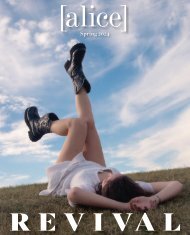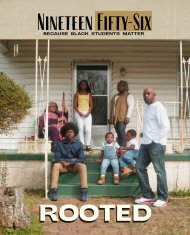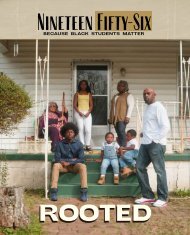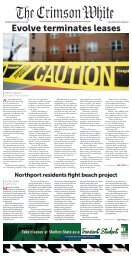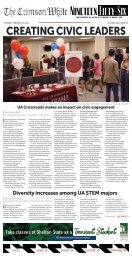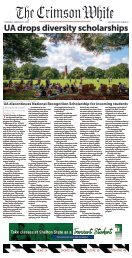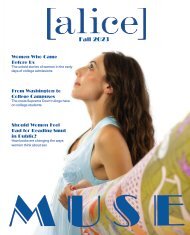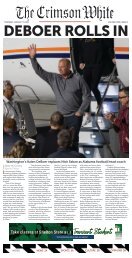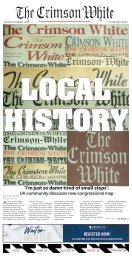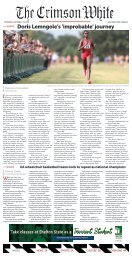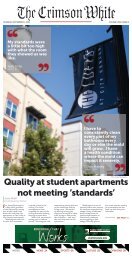Nineteen Fifty-Six Vol. 4 Issue 1
Nelson Mandela once said “Education is the most powerful weapon which you can use to change the world.” With the Fall 2023 Issue of Nineteen Fifty-Six, "Blackology" we wanted to highlight stories of Black Education from past, present and future. Focusing on the beautiful aspects of Black education but also he trials and hardships with it as well. Mostly we wanted to celebrate what it means to Black and Educated in an edition dedicated to Black educators, students and youth.
Nelson Mandela once said “Education is the most powerful weapon which you can use to change the world.” With the Fall 2023 Issue of Nineteen Fifty-Six, "Blackology" we wanted to highlight stories of Black Education from past, present and future. Focusing on the beautiful aspects of Black education but also he trials and hardships with it as well. Mostly we wanted to celebrate what it means to Black and Educated in an edition dedicated to Black educators, students and youth.
You also want an ePaper? Increase the reach of your titles
YUMPU automatically turns print PDFs into web optimized ePapers that Google loves.
“Most of the professors are white and it makes me feel<br />
like ‘is this for me?’ because I rarely see people like me<br />
in my field,” she said.<br />
Representation does more than inspire Black students.<br />
Across the nation, there have been many reports of<br />
Black educators in various academic levels becoming<br />
disenchanted in the field.<br />
An article in The Hechinger Report outlines the<br />
struggles of Black teachers, and how the stress is causing<br />
them to quit.<br />
In it, Jasmine Lane, a high school teacher in Minneapolis,<br />
points to the extremely low rate of Black teachers in her<br />
state as a reason for feeling so isolated. Lane was not<br />
the only Black teacher in her district, but was subject to<br />
microaggressions from her coworkers, and had no one to<br />
relate to her experiences.<br />
“How could I believe I’d be able to exert academic freedom<br />
with the school’s largest donor so willing to disparage<br />
me publicly and attempt to pull the strings behind the<br />
scenes,” Hannah-Jones said in her statement. “Why would<br />
I want to teach at a university whose top leadership chose<br />
to remain silent, to refuse transparency, to fail to publicly<br />
advocate that I be treated like every other Knight Chair<br />
before me?”<br />
McKnight has encouraged UA to hire more diverse staff<br />
while working toward institutional progress.<br />
“We have to remove this idea that there’s a limit or the<br />
strange idea that if we have a certain amount it’s too<br />
many,” he said. “As opposed to if you really believe in<br />
equality, then we have an advantage. The thing about<br />
Alabama is we have a large Black community.”<br />
Several Black college professors are turning away from<br />
predominately white institutions and focusing their<br />
expertise on historically Black colleges and universities<br />
instead.<br />
In 2021, Nikole Hannah-Jones, an award-winning<br />
journalist, turned down an offer of tenure from the<br />
University of North Caroline at Chapel Hill and instead<br />
accepted an offer from Howard University to be Knight<br />
Chair.<br />
In her statement explained her decision, citing racism<br />
as one of the deciding factors while her work centering<br />
Black Americans was attacked by white faculty and<br />
community members, and the university did nothing to<br />
protect her.




